
In today’s fast-paced world, smartwatches have become indispensable gadgets, seamlessly blending style and functionality. As we delve deeper into the realm of wearable technology, a pressing question arises: is it safe to wear a smartwatch all the time? To address this query comprehensively, we’ll explore the various facets of smartwatch usage, uncovering both advantages and potential concerns.
Smartwatches
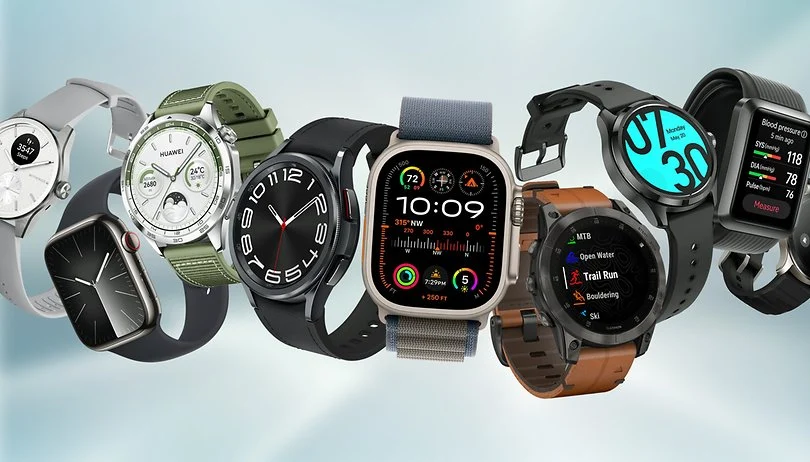
Smartwatches are wearable devices that combine the features of traditional timepieces with advanced computing capabilities. They typically offer functionalities such as fitness tracking, notifications, and access to apps, serving as convenient companions in daily life.
Popularity of Smartwatches
The allure of smartwatches lies in their versatility and convenience. With an array of features catering to diverse needs, these gadgets have garnered widespread popularity among tech enthusiasts, fitness aficionados, and professionals alike.
Pros of Wearing Smartwatches Always
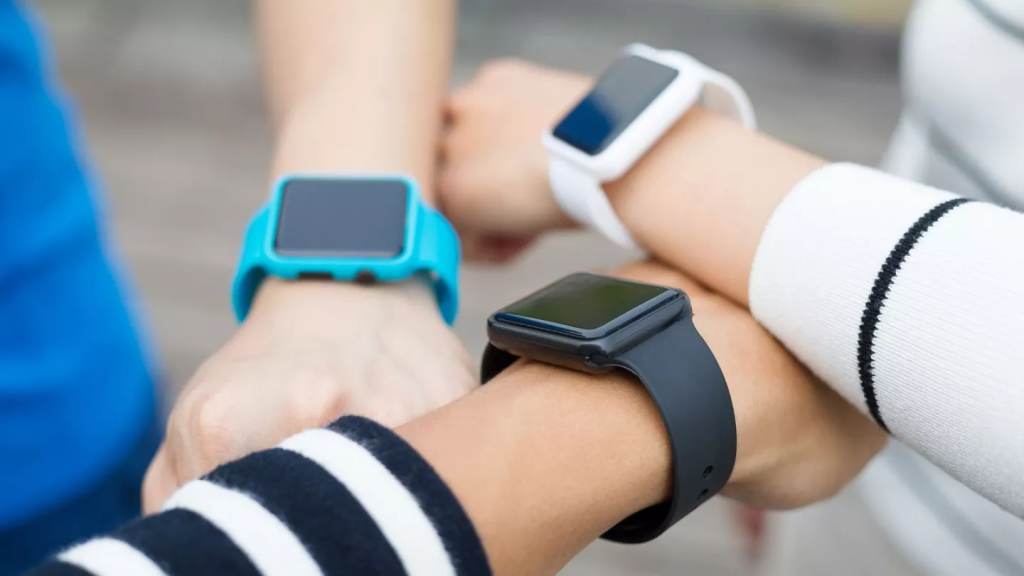
RECOMMENDED POST : How Does a Smartwatch Work ? Unveiling the Technological Marvel
Wearing a smartwatch consistently offers numerous benefits, enhancing both convenience and overall well-being.
Health Monitoring
Smartwatches equipped with health tracking sensors provide real-time insights into vital metrics such as heart rate, sleep patterns, and physical activity. By facilitating proactive monitoring, they empower users to make informed decisions regarding their health and fitness routines.
Convenience and Connectivity
One of the primary advantages of wearing a smartwatch continuously is the seamless connectivity it offers. From receiving notifications and calls to controlling smart home devices, these wearables streamline daily tasks, reducing reliance on smartphones and other gadgets.
Cons of Wearing Smartwatches Always
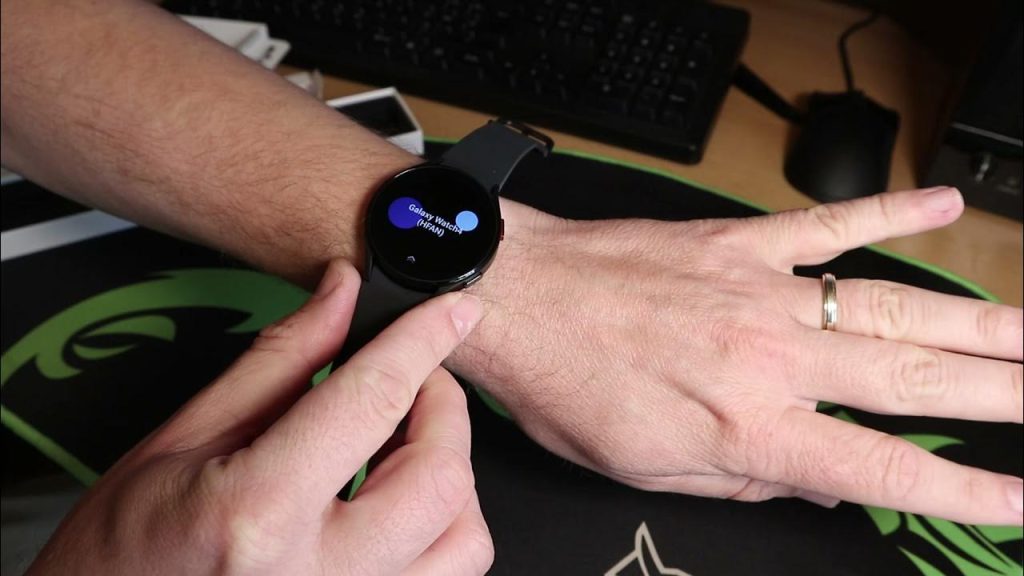
Despite their myriad benefits, prolonged smartwatch usage may present certain drawbacks and concerns.
Radiation Concerns
Some individuals express apprehensions regarding potential radiation exposure from smartwatches, particularly due to their proximity to the body throughout the day. While research in this area is ongoing, manufacturers implement safety measures to mitigate any associated risks.
Skin Irritation
Extended contact with the skin and perspiration buildup can occasionally lead to skin irritation or allergic reactions, especially in individuals with sensitive skin. Adhering to proper hygiene practices and opting for hypoallergenic materials can help alleviate this issue.
Myth Debunking

Disruption of Sleep Patterns
Contrary to popular belief, wearing a smartwatch during sleep does not necessarily disrupt sleep patterns. Many modern smartwatches feature sleep tracking capabilities designed to monitor sleep quality and provide insights for improving restfulness.
Electromagnetic Radiation
While smartwatches emit low levels of electromagnetic radiation, numerous studies have concluded that these emissions fall within safe limits prescribed by regulatory authorities. Adhering to recommended usage guidelines further minimizes any potential risks.
Impact on Health

Eye Strain
Extended screen time, common with frequent smartwatch usage, may contribute to eye strain or discomfort for some individuals. To mitigate this, users can adjust display settings, take regular breaks, and practice good screen-viewing habits.
Impact on Heart Health
Smartwatches equipped with heart rate monitoring functionality offer valuable insights into cardiovascular health. However, excessive reliance on heart rate data for medical purposes should be complemented with professional medical advice for accurate diagnosis and management.
Best Practices for Smartwatch Usage
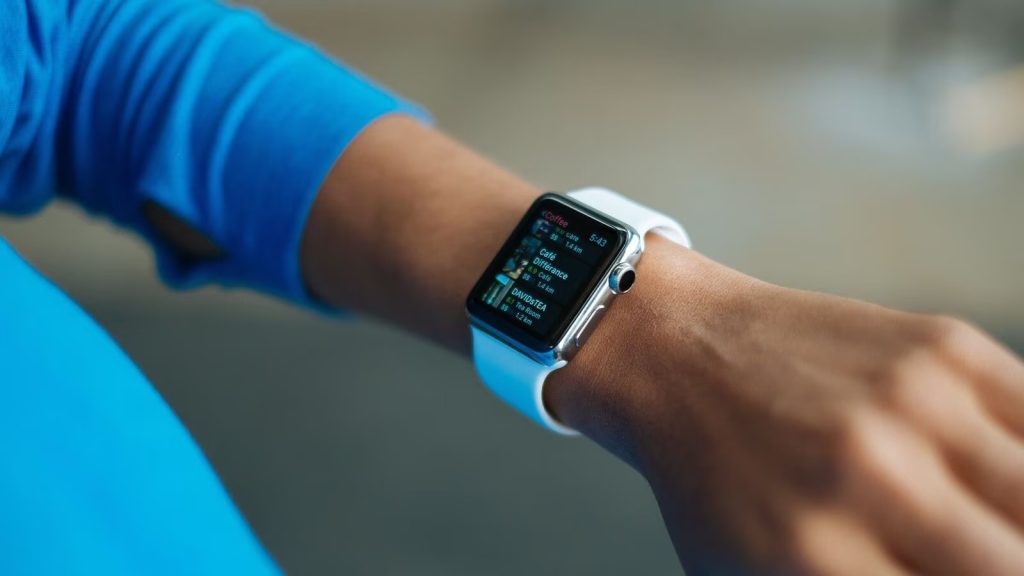
MUST READ : Fitbit Sense 2 vs Garmin Venu 2 A Comprehensive Comparison
To maximize the benefits of smartwatch usage while minimizing potential risks, adopting the following best practices is advisable:
Regular Breaks
Taking periodic breaks from smartwatch usage allows the body to rest and prevents prolonged exposure to screen emissions. Incorporating brief intervals of screen-free time into daily routines promotes overall well-being.
Proper Fit
Ensuring that the smartwatch fits comfortably and securely on the wrist is essential for both comfort and accurate sensor readings. Adjusting the strap to achieve a snug yet non-restrictive fit prevents skin irritation and ensures optimal functionality.
Safety Regulations and Guidelines

Smartwatch manufacturers adhere to stringent safety regulations and industry standards to ensure product safety and user well-being.
FCC Regulations
Smartwatches undergo rigorous testing to comply with Federal Communications Commission (FCC) regulations regarding electromagnetic emissions. These regulations stipulate maximum permissible exposure limits to safeguard user health.
Manufacturer Guidelines
Following manufacturer guidelines regarding usage, maintenance, and charging practices is crucial for prolonging the lifespan of smartwatches and minimizing potential risks. Regular software updates and adherence to recommended usage patterns contribute to a seamless and safe user experience.
User Experiences and Testimonials
Real-life experiences and testimonials from smartwatch users provide valuable insights into the practical aspects of wearing these devices continuously.
User Stories
Numerous users attest to the positive impact of smartwatches on their daily routines, citing enhanced productivity, fitness motivation, and connectivity as key benefits.
Testimonials
From fitness enthusiasts tracking their workout progress to professionals managing notifications on the go, testimonials highlight the diverse applications and utility of smartwatches in modern lifestyles.
Comparison with Other Wearables
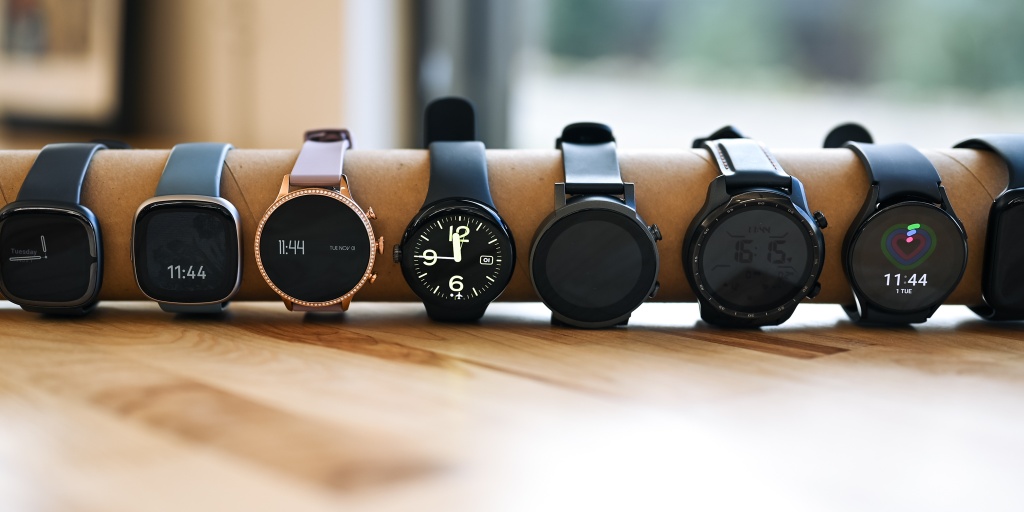
Smartphones vs Smartwatches
While smartphones remain indispensable tools for communication and productivity, smartwatches offer a more discreet and streamlined approach to accessing essential information and staying connected on the move.
Fitness Trackers vs Smartwatches
While both fitness trackers and smartwatches offer health monitoring capabilities, smartwatches provide a more comprehensive range of features, including notifications, apps, and customization options, catering to a broader spectrum of user needs.
Addressing Common Concerns

Waterproofing
Many modern smartwatches feature water-resistant designs, allowing users to wear them during swimming, showering, or rainy weather without fear of damage. However, it’s essential to verify the specific waterproofing rating and usage guidelines provided by the manufacturer.
Battery Life
Managing smartwatch battery life effectively involves optimizing settings, disabling unnecessary features, and charging the device regularly. Additionally, investing in portable chargers or spare charging cables ensures uninterrupted usage during extended periods away from power sources.
Conclusion
In conclusion, while smartwatches offer convenience and functionality, it’s essential to consider the potential health implications of wearing them constantly. By adopting safety measures and being mindful of usage, individuals can enjoy the benefits of smartwatches while minimizing associated risks.
FAQs About Is it Safe to Wear a Smartwatch All the Time?
Does wearing a smartwatch all the time affect sleep quality?
Wearing a smartwatch to bed may disrupt sleep patterns due to notifications and light emitted from the device, potentially affecting sleep quality.
Can prolonged smartwatch use lead to skin irritation?
Extended wear of smartwatches may cause skin irritation, particularly if the device is worn tightly or if the skin is sensitive to certain materials.
Is it necessary to remove a smartwatch while showering?
While many smartwatches are water-resistant, prolonged exposure to water and steam may damage the device. It’s advisable to remove it while showering or swimming.
Can wearing a smartwatch too much cause wrist pain?
Excessive wear of a smartwatch, particularly if it’s worn too tightly, may lead to wrist pain or discomfort. It’s essential to ensure proper fit and take breaks as needed.
Are there any specific safety concerns for children?
Children may be more susceptible to the potential health effects of smartwatch usage, so it’s essential to monitor their usage and ensure they take breaks.
How often should a smartwatch be taken off for rest?
To prevent discomfort and mitigate potential health risks, consider removing your smartwatch for short periods throughout the day, allowing your skin to breathe.






